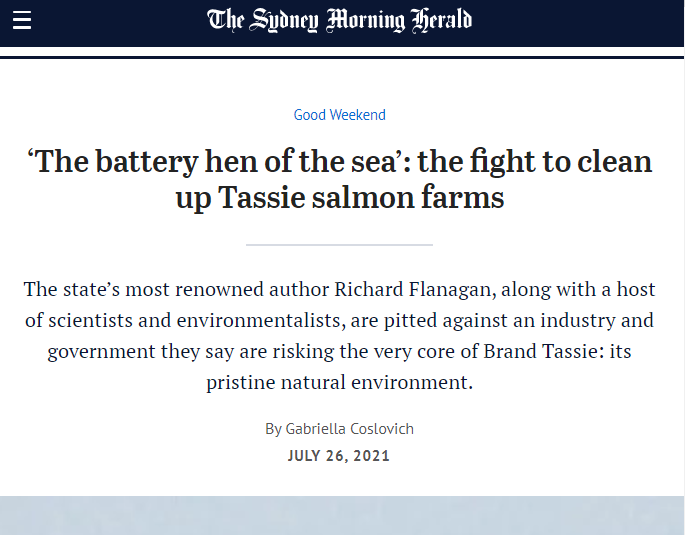 Sjókvíaeldi er óboðleg aðferð við matvælaframleiðslu.
Sjókvíaeldi er óboðleg aðferð við matvælaframleiðslu.
Um allan heim er barist gegn þessum skaðlega iðnaði sem fer illa með eldisdýrin, náttúruna og lífríkið.
Hér er grein sem fer yfir stöðuna við Ástralíu en lýsir um leið ástandinu almennt.
Við segjum nei við opnum sjókvíum.
„In the dim morning light, the pens have a sinister beauty, appearing like rows of giant floating crowns, or huge trampolines at a strange water theme park. But for many of the people who live near the farms, there’s nothing beautiful about them. In their eyes, the cages are symbols of an industry that has grown too fast, too big, too powerful. While government lauds the money and jobs salmon brings to the state’s small and disadvantaged economy, locals are becoming increasingly intolerant of its impact on their lives and the seas in which they fish, swim, paddle, snorkel, surf and dive. “We spent 15 years trying to reduce the noise, then we started digging and found out what was underneath those cages,” Castles says. “What’s under there is a sewer.”…
In the late 2010s, at least 1.35 million farmed salmon died from disease and oxygen depletion as a result of severe overstocking at Macquarie Harbour, on the west coast of Tasmania and partly in a World Heritage area. Farms were first established in the harbour in the 1980s, with Tassal starting operations there in 2003, Huon in 2008 and Petuna around 2011. The industry began to expand massively in 2012 and by July 2016, the government allowed up to 21,500 tonnes of fish a year to be farmed there (since revised back to 9500 tonnes).
Later that year, environmental monitoring found record low levels of dissolved oxygen on the harbour floor and the presence of bacterial mats at some lease sites. The seabed below and around one of Tassal’s three farms in the harbour, its Franklin lease, was found to be virtually devoid of life, threatening an endangered species, the Maugean skate, and a World Heritage area.“
